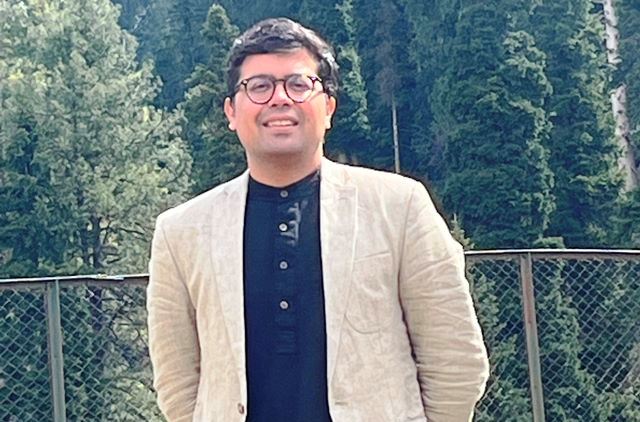Ankit Agarwal, a development economist currently working with a research center in New Delhi, says a practice which goes against the current order takes years to normalize. His views
The recent judgment by the Supreme Court defeated the motion of homosexual civil unions and adoption of children by gay and lesbian couples 3:2. Many, including myself, were hopeful that the Supreme Court would pave the path for civil unions as it would provide homosexual people many provisions such as including each other as nominees in insurance plans, becoming a signatory for medical treatments, or giving them property rights. Above all, it would have provided more legitimacy to homosexual relationships.
Since Independence, members of the homosexual community have struggled to find acceptance from their family, neighbours or from the society at large. A ray of hope was provided by the Supreme Court in 2018 when homosexuality was decriminalized in India but still the everyday struggle continued as the stigma attached to being a homosexual persisted.
While people could live together without the fear of being reported or jailed after the judgment, they could not sanctify their relationship under any law. Many didn’t see any hope in homosexual relationships as there were no laws guiding the couple, no societal acceptance and no steps around adoption or making a family. Closeted men continued to marry women under pressure but continued to seek love outside marriage — a phenomenon termed as lavender marriage.
Many still quoted homosexuality as an urban phenomenon, which thankfully the Chief Justice clarified saying that homosexuality is not an urban elitist concept. However, it is also true that more people feel confident coming out in urban areas. This might be because of the availability of safer spaces, precedents and more independent lifestyles.
ALSO READ: ‘SC Gave LGBT Legal Protection; Acceptance Is Yet To Come’
A favorable ruling would have multiplied such precedents and made them accessible to remote areas (thanks to social media and internet accessibility). Gradually, it would have normalized the concept of building a home with homosexual parents and children.
Any societal practice which goes against the current order takes years to normalize and not all push has come from the legislature — an example being the Vishakha guidelines where the court took upon itself the issue of safeguarding women at workplace. However, this time the Supreme Court has left it to the legislature to make a committee which will look after the civil rights of homosexual partners. Without any definite timelines this might not see the light of the day.
I feel it is definitely a lost opportunity which could have helped people at multiple stages: it could have legitimized relationships of people who have been living with each other for years now, it could have provided both parents to a child who still is still enrolled as a single parent child in school, it could have inspired people to come out of the closet as people would have seen hope in such relationships, it could have reduced instances of lavender marriages, and lastly it could have educated parents, families, and society at large.
If the judgment would have been in favor of the community, it would have helped set a precedent by allowing homosexual people to marry, thereby setting examples that homosexual people aspire to live a life built on love like any hetro-sexual couples. It is a long arduous task ahead in the journey of normalizing homosexual relationships, but then nothing has been easy for the community so far.
(The narrator is a graduate from the University of Chicago and the Indian Institute of Technology, Roorkee)
As told to Deepa Gupta
For more details visit https://lokmarg.com/
